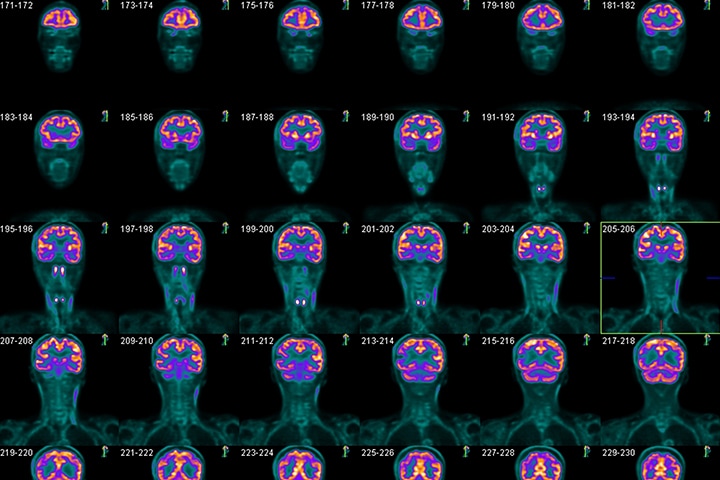A team of Swedish researchers at Karolinska Institutet have suggested that Down’s syndrome may be linked to the onset of Alzheimer’s disease later in life.
Released in the journal Molecular Neurodegeneration, the new study investigated the distribution of amyloid and tau in the brain tissue of patients with Down’s syndrome who have been diagnosed with Alzheimer’s and those without neurodegeneration.
Amyloid and tau are said to be hallmark indicators of Alzheimer’s disease, often identified to diagnose the condition.
In the findings of the Swedish study, it was determined that tau was an early indicator of Down’s syndrome, with traces of the protein identified in the brain tissue of fetuses with Down’s syndrome.
“This study provides new insights into the regional binding distribution of a first-generation and a second-generation Tau tracer in limbic and neocortical regions in adults with Down’s syndrome, as well as regional differences in Tau binding in adult with Down’s syndrome vs. those with Alzheimer’s disease,” the study’s authors implied in their findings.
“These findings provide new information about the binding properties of two Tau radiotracers for the detection of Tau pathology in adults with Down’s syndrome in vivo and provide valuable data regarding Tau vs. amyloid binding in adult Down’s syndrome compared to Alzheimer’s disease.”


